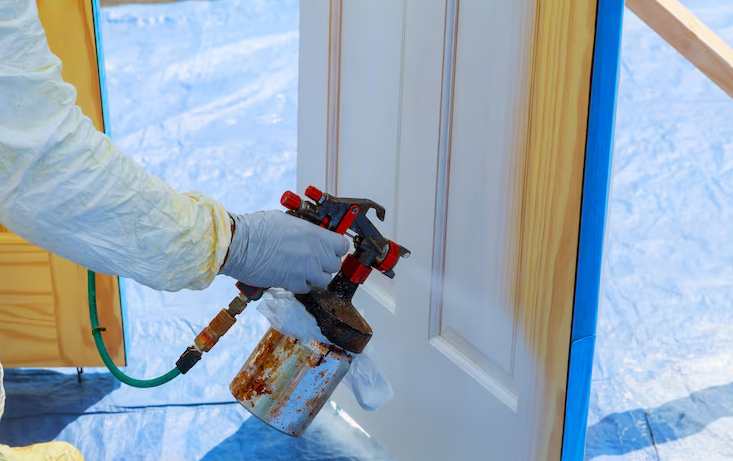Improving your home’s energy performance sounds appealing, doesn’t it?
Especially if it saves on bills, reduces emissions, and adds value. With energy upgrades becoming more popular, many homeowners now ask how certain upgrades influence their EPC score.
If you’re considering spray foam insulation in Southampton, you might wonder if it boosts your EPC rating or creates complications. The answer isn’t always straightforward. Let’s explore how it works, what to watch out for, and how to make it work in your favour.
What Is an EPC Rating and Why Should You Care?
An Energy Performance Certificate (EPC) shows how energy-efficient your property is. It uses a grading scale from A (most efficient) to G (least efficient). Properties in bands A–C attract better value in the market.
Landlords need at least an E rating to let a property legally. If you plan to sell, buyers often check this score before committing. A higher EPC also opens up eligibility for grants, green incentives, and better mortgage deals.
How Spray Foam Insulation Impacts EPC Ratings?
Spray foam adds a thermal layer that prevents heat from escaping through the roof or walls. This insulation cuts energy consumption, which can improve your EPC score.
EPC assessors consider factors like heat loss, material type, and thermal performance. Spray foam helps by increasing your home’s energy efficiency, particularly in older or poorly insulated spaces. Over time, it can contribute to a jump of one or more bands on your EPC.
Open-Cell vs Closed-Cell: Which One Scores Better?
Not all spray foam performs the same. The type you choose can make a noticeable difference in your EPC result. Here’s a quick breakdown:
Open-cell foam:
- Lightweight and breathable
- Best for internal walls and lofts
- Allows moisture escape but offers slightly lower thermal resistance
Closed-cell foam:
- Denser and more rigid
- Better thermal insulation
- Adds structural support and air-tightness
Potential EPC Risks with Spray Foam Insulation
While the benefits are clear, there are some risks to consider. Improper installation or lack of documentation can hurt your score or even delay a sale.
Be cautious about:
- Blocking roof ventilation
- Covering roof timbers, making surveys difficult
- Using uncertified or poorly rated materials
- Failing to inform EPC assessors of recent upgrades
Tips for Maximising EPC Benefits with Spray Foam
If you’re investing in spray foam, make it count. Follow these tips to maximise the EPC outcome:
- Choose professional, certified installers.
- Pick the right type of foam for the space.
- Keep clear access to roof timbers for surveys.
- Ensure continued airflow and moisture control.
- Notify assessors about the insulation upgrade.
- Store all product and installation documents.
Installing spray foam can dramatically improve energy efficiency when done correctly. It often helps raise EPC scores, reduces heating bills, and creates a warmer, more comfortable living space. If you’re planning spray foam insulation in Southampton, consider the installation method, foam type, and how it will be assessed later.
For trusted advice, expert application, and long-term value, reach out to Isotech Sprayfoam Ltd. We can help you insulate smartly and protect your home’s future EPC score with confidence.

